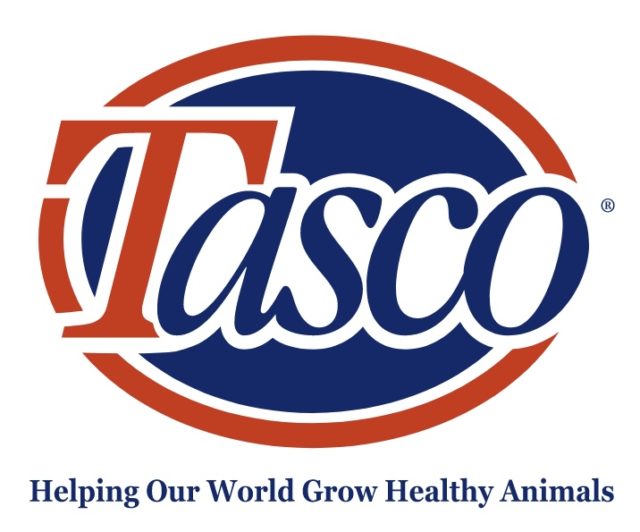The American Association of Bovine Practitioners Board of Directors has established an ad hoc committee to study Rural Veterinary Practice (RVP). The committee, composed entirely of practitioners with practice experiences ranging from 2 to more than 25 years, is releasing its initial report. It was the opinion of the RVP that there is not currently a shortage of veterinarians for rural food supply veterinary private practice. Efforts to increase interest in rural practice among graduating veterinary students have been successful, so lack of available veterinarians is no longer an issue for the US as a whole. However, there remain underserved rural areas across the country that may not be able to sustain a veterinary practice and absorb these new veterinarians entering the job market.
There are many trends and competing influences affecting the current and future viability of rural practices. These include: consolidation of livestock systems, an increase in consumer demand for locally grown food, an increase in student debt for a veterinary education and expectations and lifestyle choices, particuarly from younger generations and female veterinarians.
While some trends are out of the control of the veterinary profession, some are clearly in our control. A void of veterinary involvement in rural communities has negative implications for animal welfare, public health and food safety. Simply increasing the number of available veterinarians will not solve this problem. The RVP is currently working on developing tools for AABP members to use for addressing the challenges of serving the beef and dairy industries and protecting public health in a changing environment. PD
—From American Association of Bovine Practitioners news release




